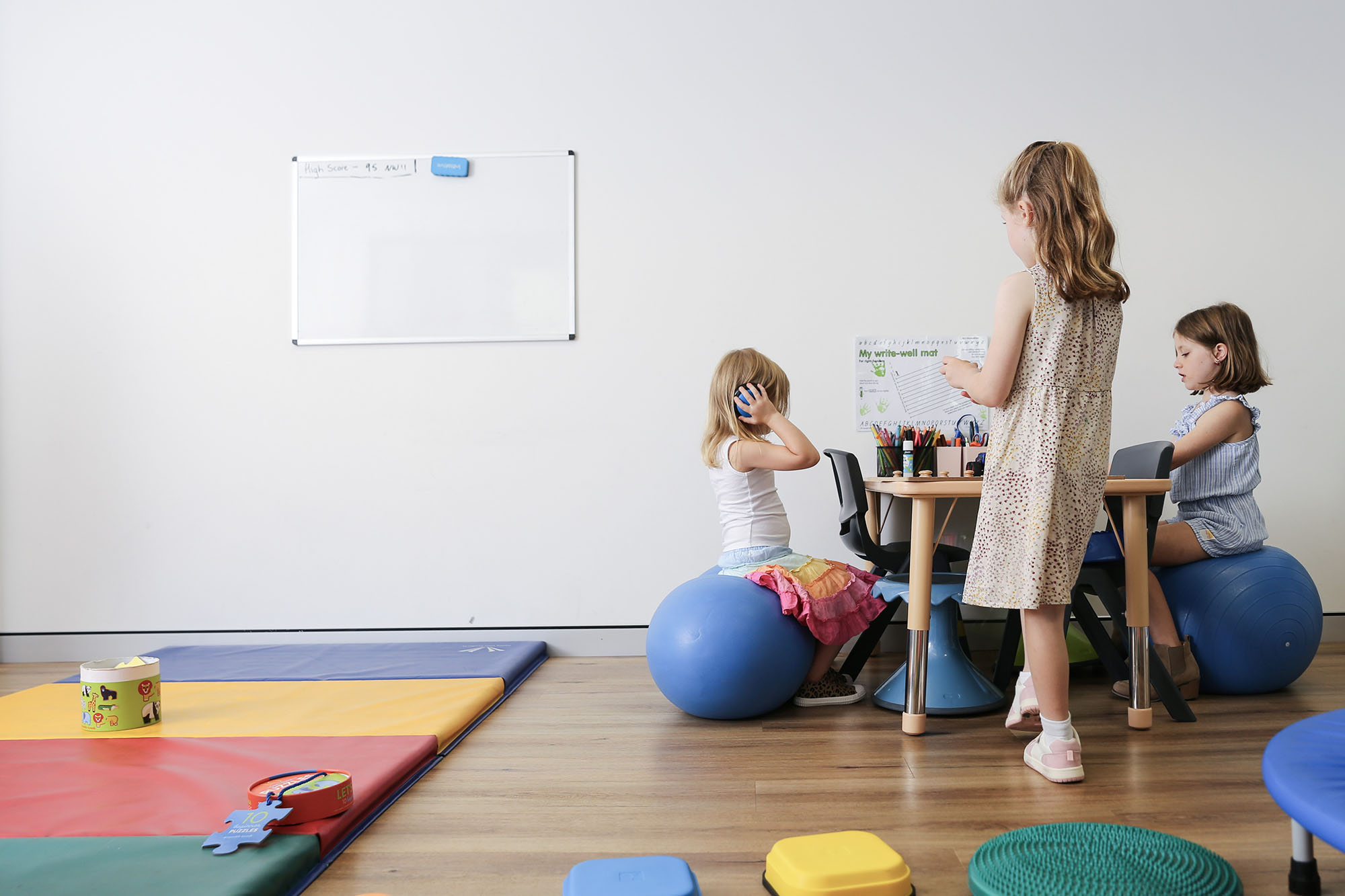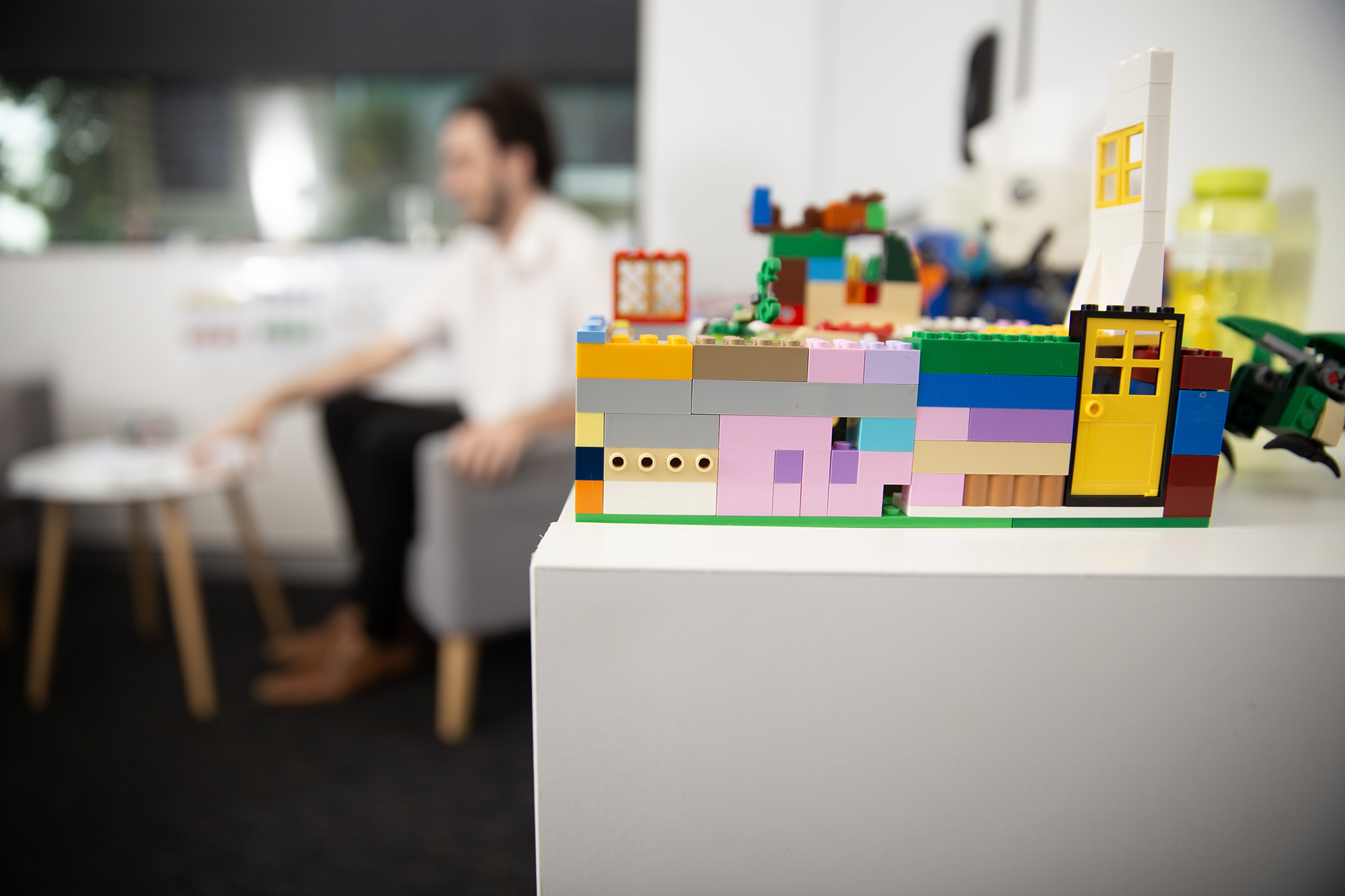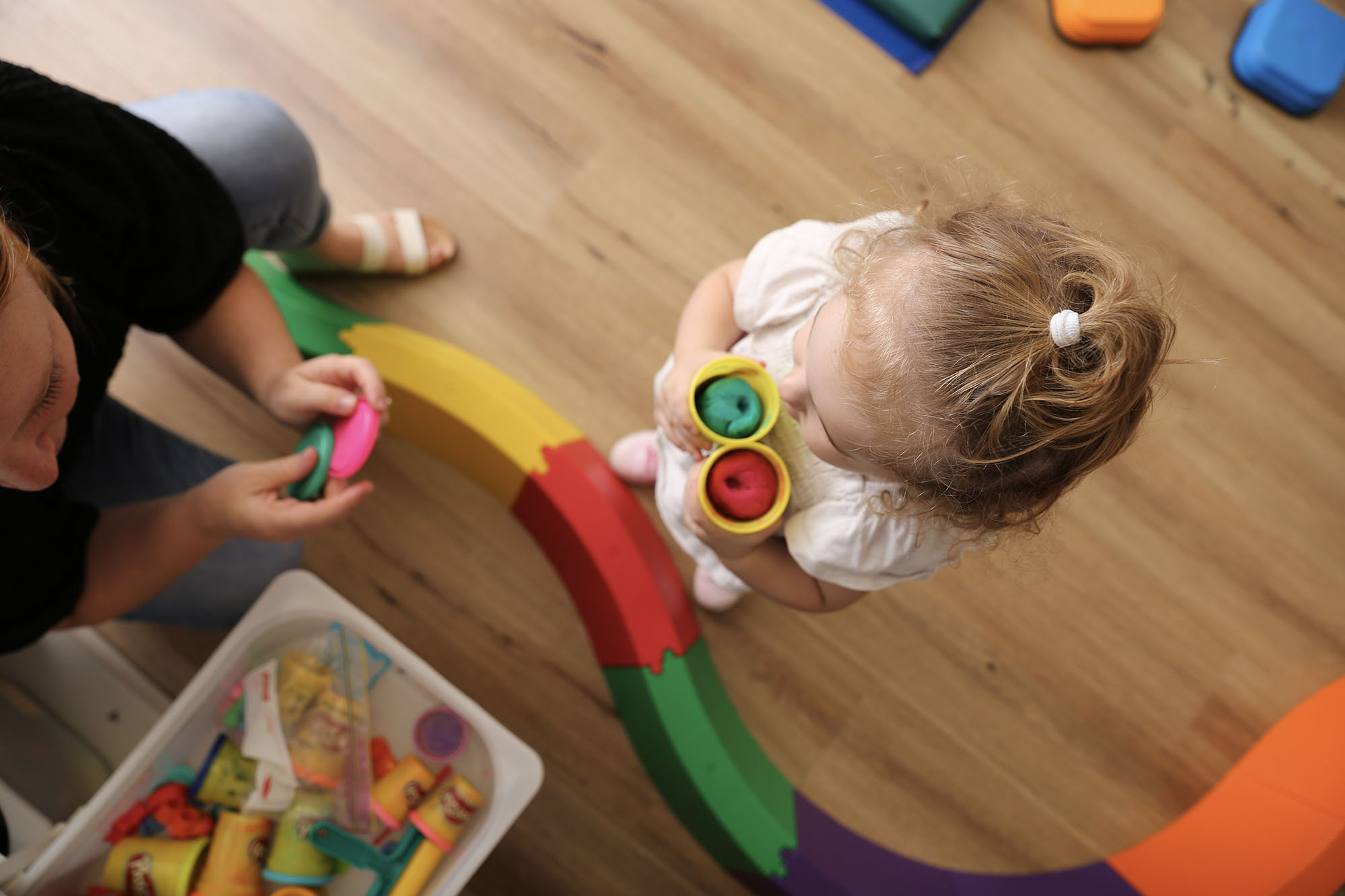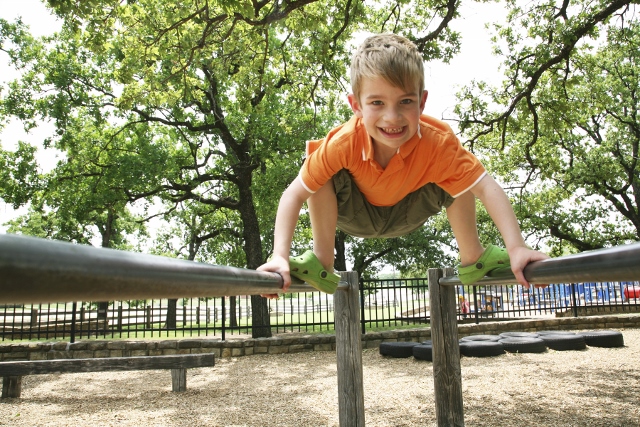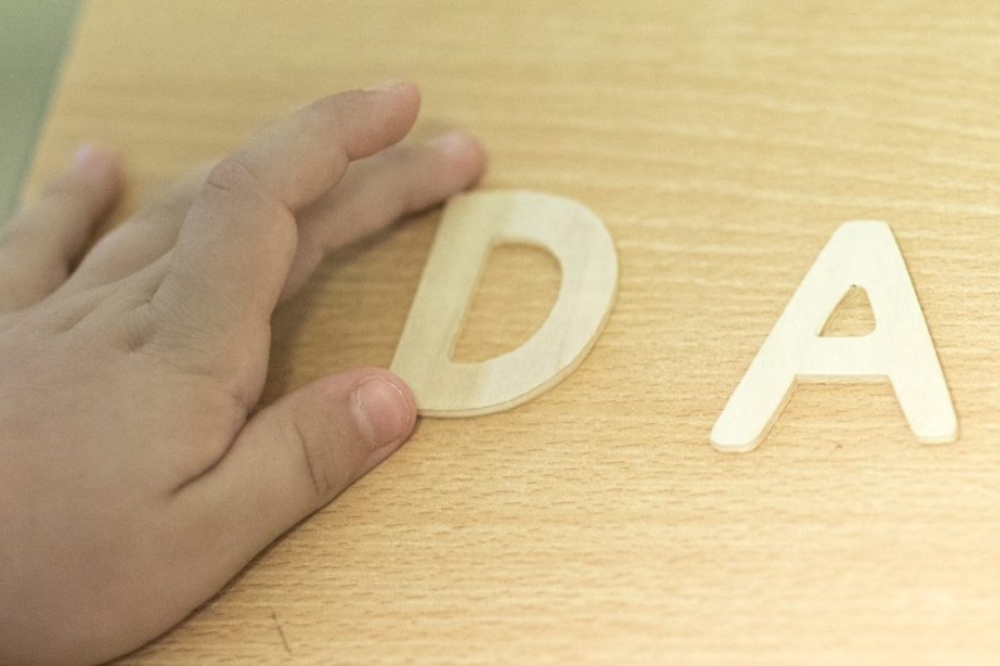- Assessments
- /
- Play
Play Assessments
Play is not just about fun; it is a crucial part of a child's development.
The importance of play and how an assessment can help
A play assessment gives us insights into your child’s strengths, and areas where they may need support.
Assessing play helps us understand how your child plays, their choice of toys, who they play with, and their interest in playing. Play impacts physical, cognitive, social, and emotional aspects of growth, helping young people become well-rounded, healthy, and capable individuals. A play assessment can identify gaps in pretend play development, language development and suggest supports that may help in building your child’s play skills.

What to expect in the assessment
Play assessments can be either formal or informal. We use a variety of play resources and games to engage with your child and assess their strengths and challenges, using tools like the Pretend Play Enjoyment Developmental Checklist.
We observe your child’s interests, pretend play, enjoyment of play, and ability to play with others. We also assess factors like turn-taking, sharing, communication, language, and emotional regulation skills. It may be helpful to observe your child playing at home, school, or daycare. Parent checklists and feedback also help inform us about your child’s play skills.


